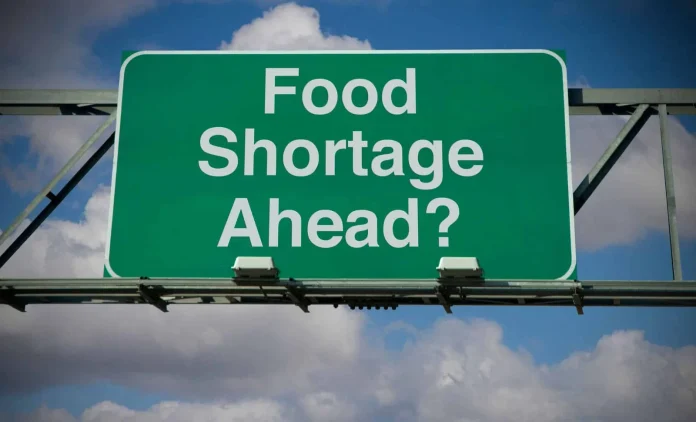Environmental experts cited extreme weather as the main challenge to Europe’s food supply in an EU food security assessment published by the European Commission on April 16, according to Euractiv.
The report is based on the views of an expert group that includes representatives from EU member states, regions and various stakeholder groups across the EU food chain.
A previous study conducted in the second half of 2023 identified extreme weather phenomena, import dependence, transport bottlenecks, market volatility and high input costs as the main challenges to food security.
According to the latest assessment, these concerns persisted into 2024. However, experts working in the national public administrations of EU countries expressed stronger concerns about extreme weather phenomena, high input costs and commodity prices.
Industry stakeholders also emphasised the overall risk posed by transport-related challenges, especially when drought affects the ability to use inland waterways due to low water levels.
Despite record prices in 2022 and 2023, some food prices have started to decline, affecting farmers’ profits as they face high costs of production. Experts noted that this trend could lead farmers to choose more profitable crops, potentially reducing overall agricultural production or even prompting some to leave the sector.
All these elements, on top of a still long period until harvest with possible negative weather developments, could impact food supply in 2024.
The report also notes that food inflation will stabilise below 5 per cent in early 2024 and points to a slight decline in retail food prices. It also notes that these price reductions have not yet brought relief to consumers, especially those from low-income groups.
It highlights that during the peak of inflation in 2022, 8.3% of EU citizens could not afford to eat meat, chicken, fish or a vegetarian alternative every other day. For households at risk of poverty, this rate rises to 20%.
The inability of middle-income households to afford a meal containing animal or plant-based proteins varies considerably across member states: from 1.4% in Ireland to 22.1% in Romania.
